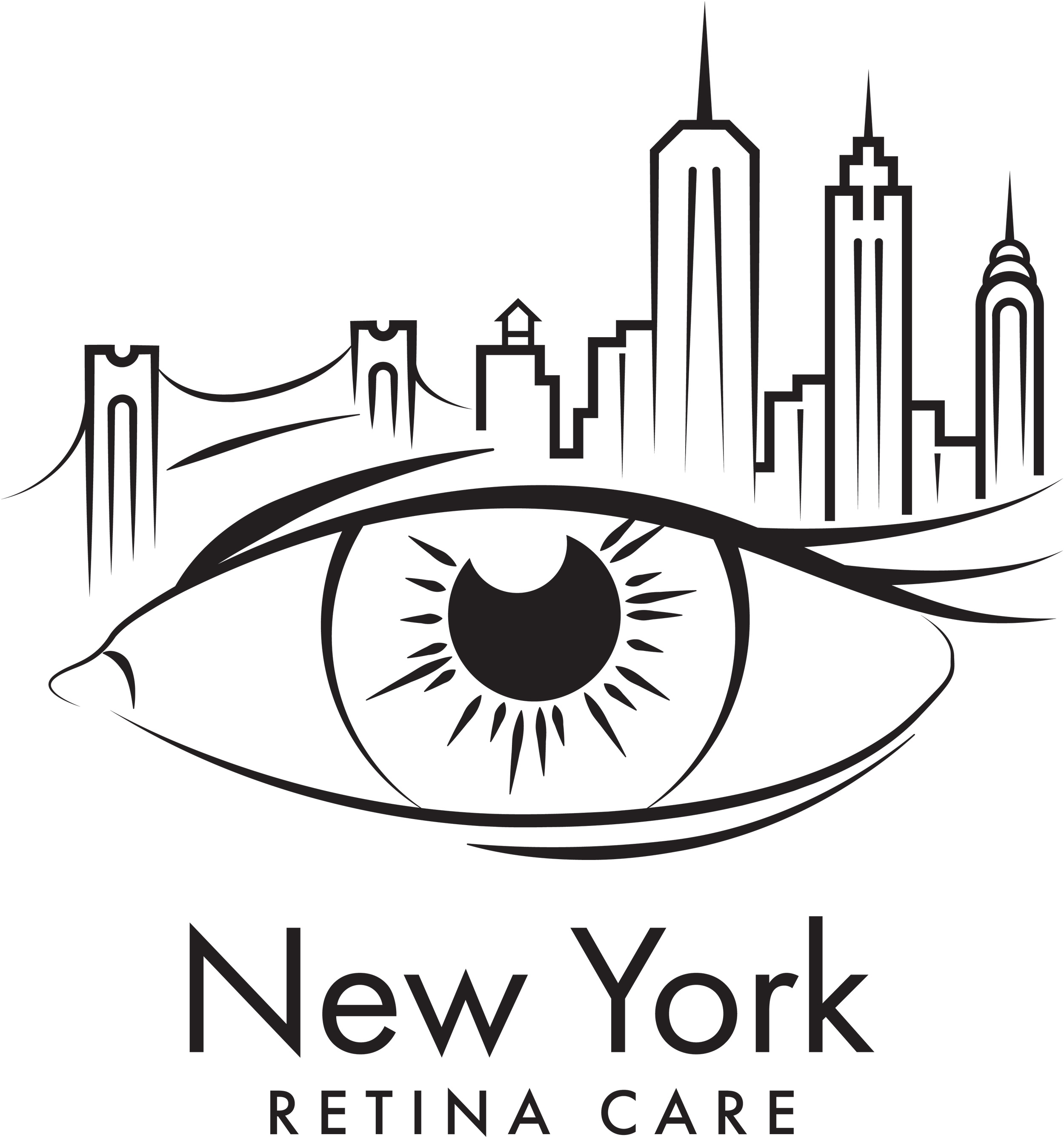Retinal Vascular Disease
Branch Retinal Vein Occlusion
Retinal vein occlusions (eye strokes) are usually caused by hypertension, also called high blood pressure. We help to diagnose and treat the damage these strokes cause, and work with your primary care doctor to prevent further strokes in the eye and in the rest of your body.
Central Retinal Vein Occlusion
Retinal vein occlusions (eye strokes) are usually caused by hypertension, also called high blood pressure. They are more common in people with diabetes. In addition, high eye pressures or glaucoma can cause a vein occlusion. We help to diagnose and treat the damage these strokes cause, and work with your primary care doctor to prevent further strokes in the eye and in the rest of your body.
FAQ
Do I need any treatment?
We will use special imaging in the office to determine if you need treatment with medications or laser. Sometimes the blood vessels become sick during the stroke and leak, in which case injections of medication can help bring back some or all of your vision.
What should I expect during an injection procedure?
Injections are extremely common in retina specialist's office, and we take care to maximize your comfort. The actual injection takes seconds, and most people ask when we are giving the injection after they are finished and had it done because of how well we are able to numb the eye.
How long is the healing process?
There can be some irritation (a sandy feeling) for a few hours to 1-2 days after the procedure because the betadine (similar to iodine) we use to clean the surface and avoid infection can cause irritation. This can also lead to increased tear production/tearing of the eye. We must clean the eye with betadine as an infection can be devastating and cause you to lose vision; the risk of infection without this cleaning process is high. To minimize these side effects, we recommend preservative free artificial tears which can be obtained in any pharmacy over the counter. Dryer eyes tend to feel more irritated, much like dry skin can feel irritated in the winter months.
Otherwise, there is no real healing. You can return to work the next day, and we only ask that you avoid touching or washing the eye or getting water in it for 1-2 days after injection to make sure no bacteria get in the eye.
